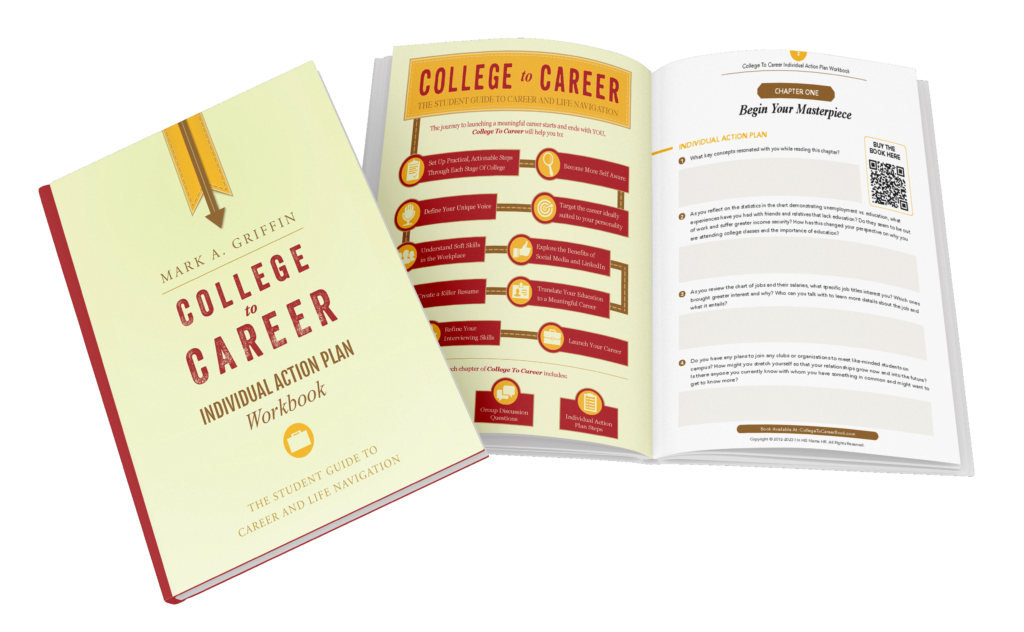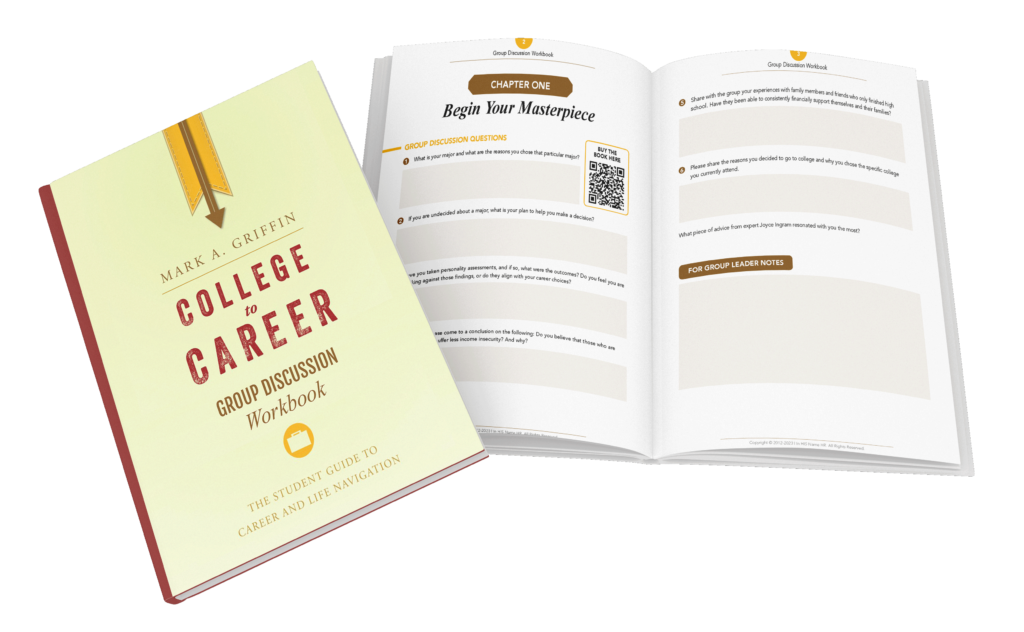
Internships: Your Ticket in the Door
Launching Your Career
Jackson was a high school senior, working a part-time job at McDonald’s. During his spare time, he took an interest in video editing and 3D animation. He spent hours learning and perfecting his work on the computer, and his efforts eventually paid off. He knew he wanted to pursue a career in the field and began networking with friends. A neighbor saw his work and was impressed. He reached out to Jackson and connected him with a friend’s commercial ad agency in a nearby city. Jackson sent his work off to the company, and they were impressed as well. The summer after his graduation, they invited Jackson to intern at the company. The pay? A few bucks of gas money to cover the 45-minute commute. Jackson jumped on the opportunity, keeping his burger flipping job in the meantime.
Jackson’s time at the company proved invaluable. After a couple months, his work caught the eye of his superiors, and they bumped him up to $10 an hour. He still wasn’t making the big bucks, but the experience was priceless. A few more months into his internship, the company offered to hire him full time and give him a regular salary. Jackson happily accepted the offer and quit his McDonald’s job at last. He stayed on with the company for several more years, eventually working his way up. What began as a small internship paying only a few bucks for gas turned out to be a life-changing career opportunity.
Students like Jackson are not unique. According to studies by the National Association of Colleges and Employers, otherwise known as NACE, 60 percent of students from classes of 2013 to 2017 partook in some sort of internship, with that number growing every year. Employers see internships as a win/win for both parties, with employers being able to scope out prospective employees and interns gaining valuable experience before or right after college. A few other interesting statistics:
*Interns are nearly twice as likely to land a full-time job versus those who do not intern.
*68 % of interns land a full time job offer after completing their internship.
*60 % of internships are paid.
*The average paid intern makes approximately $20 an hour.
*Tech and banking internships are among some of the highest paying positions.
*Employers seeking interns value communication skills, teamwork and critical thinking skills.
*The average starting salary for a paid intern is $60,000 a year versus $40,000 a year for non-paid interns.
*Tech and political internships are most likely to result in a full-time hired position.
So just where did the concept of internships originate from? According to Melissa Snell, a Medieval History Expert, formal college internship programs started back in the Middle Ages. Around the 11th century, the craft Guild System began. Within a formal arrangement, students could train in hands-on, practical ways with craftsmen, tradesmen, artisans and masters. They could increase their skills until they became proficient in the trade of field study and then officially enter the local guild for their trade. They rarely had a choice of the craft they apprenticed in. The wealthier the family, the more likely one was to get into a prestigious and influential guild.
Many apprentices went on to pursue other professions and became highly important in our country. Notable figures include George Washington, Thomas Jefferson, Benjamin Franklin and Paul Revere. Washington was trained as a surveyor, Jefferson as a law apprentice, Franklin as a printer and Revere as a silversmith.
Medical internships became common as the scientific revolution required more expertise and practical knowledge at the start of the 20th century. Professional formal education came along to meet the demands of the 19th century industrialization boom. The first U.S. academic internship began in 1906 at the Accounting Department at the University of Cincinnati. By 1937, the National Apprenticeship Act was passed, leading the Department of Labor to formulate and promote the furtherance of labor necessary to safeguard the welfare of apprentices.
So just what is the major difference between apprenticeships and internships? Generally, apprenticeships involve in-depth learning, training and practical experience usually for a timeframe of several years for someone who has a commitment to a specific trade. An example might be a journeyman studying to become an electrician. Internships, on the other hand, tend to consist of much shorter durations and focus more on gaining a general knowledge and breadth of experience in a certain field.
Many college students desire internships but don’t know where to begin. Some believe they don’t have enough time in their already busy schedule to squeeze in one more thing. Others feel intimidated because they lack experience in the field. Some simply don’t know where to begin seeking out one. If this is you, don’t sweat it! Start by speaking with your college guidance counselor about potential opportunities, or network with your favorite professor. You’d be surprised by the resources they may have to offer. Consider reaching out to local companies you’re interested in. Don’t worry if you don’t have any experience. They know this. Show enthusiasm and display a strong work ethic, and you’ll soon impress them. Don’t be afraid to network at the company you intern for. You never know what sort of lasting connections you might make while grabbing a coffee or donut in the break room. Be professional, dress to impress, and be prompt, reliable and eager. While you might not find yourself making the big bucks, consider it a win if you bring home even a small paycheck while advancing your knowledge in your field of study. And if you’re feeling crunched for time? Consider a summer internships when you’re home from college on break. It’s the perfect time to hone your skills. Like Jackson, you just might find yourself landing the job of your dreams!
For more on paid and unpaid internships, check out College to Career today!
Trackback from your site.




